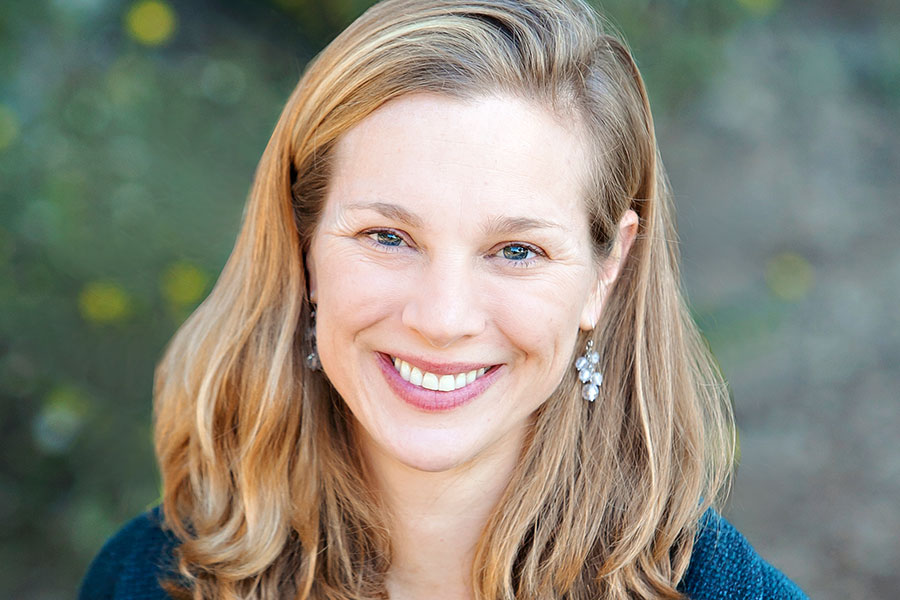Twenty two years ago, a small community of MBA’s and entrepreneurs had a boundary-breaking idea. In the midst of a world where business was often viewed as an evil force, they dared to think differently. United by their vision of a future where business could mean more than making money, they held the first Net Impact Conference. The boundaries we now face are less obvious but no less limiting. In the realm of Corporate Social Responsibility (CSR), most of the low-hanging fruit has been picked.
We’re grappling with barriers that are global in scope and structurally multi-faceted. What’s more, the stakes are higher than ever; persistent poverty, global health epidemics, climate change, and joblessness threaten the lives and livelihoods of billions of people around the world. In early November, our community is coming together to take on the messy, uncomfortable, controversial (yet inspiring and imperative) challenge of breaking boundaries once again. We’ll hear from impact leaders across sectors who are embracing these three strategies for disruptive change.
1) Work with the “Enemy”
Breaking boundaries often requires being willing to collaborate with the most unlikely allies. Unilever’s CEO Paul Polman has broken many boundaries with his leadership of the world’s third-largest consumer packaged goods company. To have a discernible impact on big issues, Polman knows that he must work with many stakeholders, including the competition. Says Polman, “What we’re now dealing with are enormous challenges of poverty or climate change; sustainable growth in its broadest sense; equality… That requires a broader level of partnerships.”
As one example, Unilever is working with marketplace rival Nestle on a coalition to convert the global market to natural refrigerants for display cases. “It needs a tipping point; no individual company can do that alone,” Polman adds. Dr. Temple Grandin, who became famous for her achievements in mathematics, has also embraced the opportunity to work with unexpected bedfellows. Because of her high-functioning autism, Temple thinks differently than most of us. Temple has leveraged her keen ability to think visually, due to her hypersensitivity to noise and other sensory stimuli, into a unique and monumental career collaborating with fast-food companies like McDonalds to improve the conditions of slaughterhouses.
An animal lover working on slaughterhouses? As you might expect, her work with McDonalds and others has been decried by animal activists, yet Temple has been steady in her conviction to focus on maximizing animal comfort over lengthening animal lives.
2) Put the Truth on Trial
To overcome the limitations of the status quo, leaders cannot hide behind publicity and good marketing. They must embrace the opportunity to dialogue through differences in a public forum. Last year, Net Impact welcomed a lively debate between Exxon Vice President Ken Cohen and Sierra Club CEO Michael Brune. While charged at times, the forum helped further the dialogue on the future of energy. As conference attendee and sustainability professional Laura Clise noted, “Leadership is the willingness to participate in difficult conversations.
Dialogue takes courage on both sides.” (Read the debate here, or the keynote reaction here.) Monsanto has one of the worst reputations in the US, according to a Harris Poll, yet it is also a company that is deeply engaged with the challenge of how to feed the 2 billion people that are projected to join the population of the planet by 2020. Monsanto executives know their company invites controversy, and they embrace the opportunity to dialogue with people who oppose their perspectives.
This year, the Net Impact Conference will provide a forum for Monsanto executive Natalie DiNicola to debate the future of food with NGO leader M. Jahi Chappell from the Institute for Agriculture and Trade Policy, sharing their contrasting viewpoints on how to feed the world sustainably.
3) Measure What Matters
Overhead spending has been one of the most commonly used metrics to define “good” nonprofits by groups like the Better Business Bureau, but Dan Pallotta has begun a revolutionary movement to change how organizations measure the difference they make in the world. A decade ago, his company Pallotta TeamWorks was criticized for overspending on marketing, administration, and logistics. His critics argued that such overhead costs cut too deeply into the potential impact of their charitable contributions.
Too many nonprofits, Pallotta says, are rewarded for how little they spend instead of for their results. He suggests that nonprofits should be evaluated on the basis of their ambitious goals and measurable impact, not their overhead spending. In his now-famous 2013 Ted Talk, provocatively titled, “The Way We Think About Charity is Dead Wrong,” Pallotta makes the point that the outcomes of the charity—in his case, fundraising hundreds of millions of dollar for AIDS and other health causes—outweigh the need to limit overhead spending in the nonprofit sector.




































